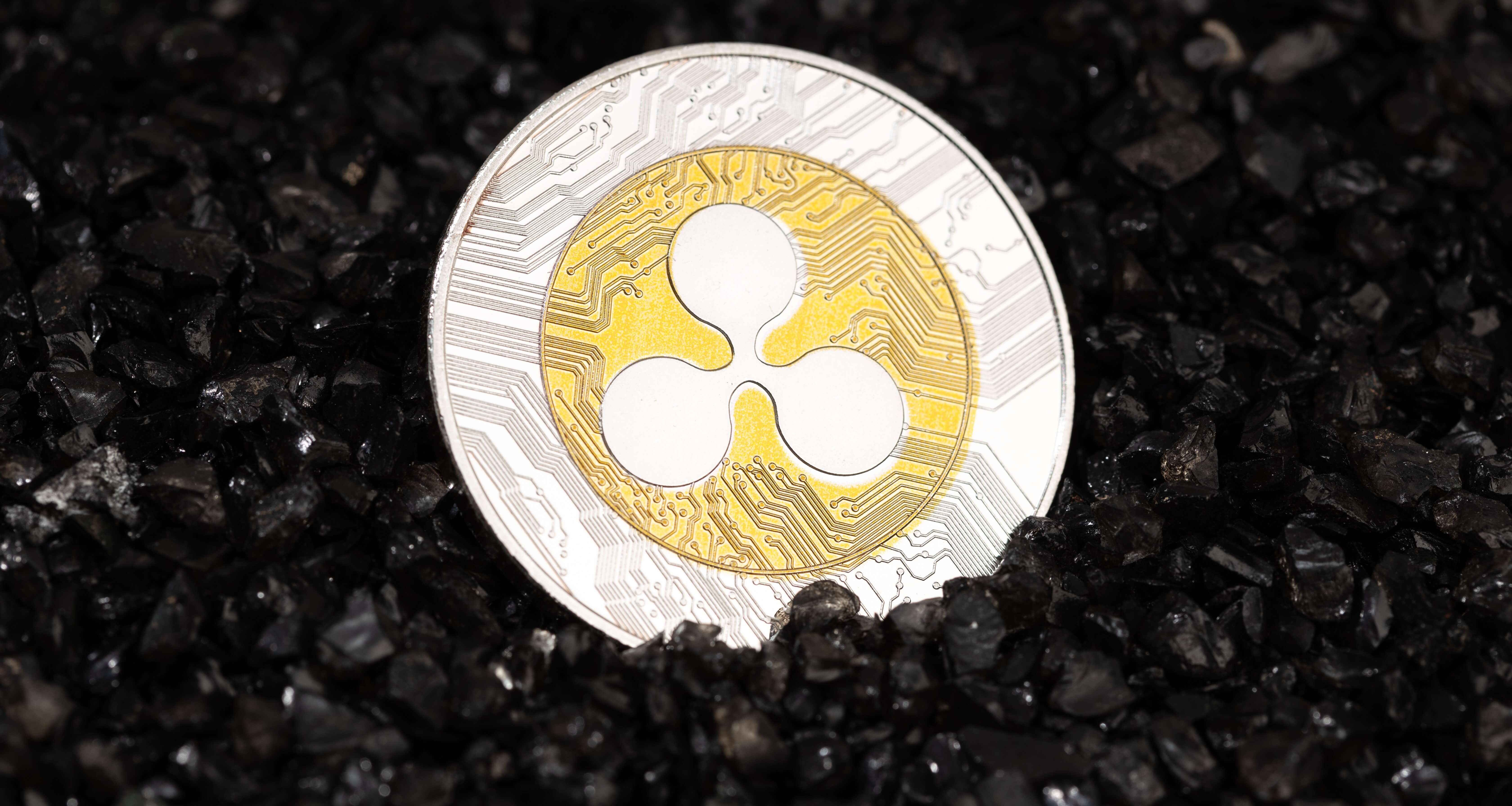For individual investors looking for professional management of some portion of their stock portfolio and/or bond portfolio, the go-to option is a mutual fund.
Mutual funds are a vehicle for investing where investors can pool together their money to invest in a wide variety of financial instruments.
An experienced fund manager will oversee the investments made in the mutual fund, and most if not all of the investments will be in stocks and bonds.
Investors pay extra fees to invest in a mutual fund rather than investing directly for themselves in order to achieve two overarching objectives:
-
- Allowing a professional to manage your investments
- More diversification than individual investments
Contents: How mutual funds work
- How do mutual funds work?
- How are they managed?
- How are they traded?
- Making money
- Minimum investment
- Fees & taxes
- Open vs closed end funds
- FAQs
How do mutual funds work?
As an investor, you buy a ‘unit’ of the mutual fund, just like you might buy a ‘share’ in a company. However, you do not own a part of the mutual fund, the unit gives you a proportional ownership of the securities that the mutual fund invests in and any returns they generate.
How are they managed?
An asset management company (AMC) runs the fund and a dedicated team of asset managers will decide which investments to make on behalf of the fund. The investment decisions are based on clearly defined investment objectives set out in the fund’s investment prospectus.
Mutual funds are often associated with an ‘active’ investing style whereby fund managers pick their favourite stocks and bonds. However, there are passive mutual funds called index funds. The investments made in an index fund are made according to the makeup of an index like the S&P 500.
Index funds tend to be cheaper than actively mutual funds because they don’t have fund managers to pay and will trade between securities less frequently, meaning lower transaction costs.
How are they traded?
Mutual funds can only be bought and sold at the end of the day at a set price known as the NAV.
What is NAV? NAV stands for Net Asset Value, it is the price per fund unit. It is calculated by valuing all the securities in the fund portfolio and dividing by the number of units. The NAV will keep fluctuating, according to the fund's holdings. That way each investor participates proportionally in the gain or loss of the fund.
Making money with mutual funds
There are two ways to make money. One is from capital gains when you sell the fund for more than you paid for it. The second is with distributions, including dividends, interest, capital gains or other income the fund earns. Distributions are taxable, see more below.
If you are using the fund to invest for the long-term, you will benefit most from compound interest by reinvesting the distributions. Most mutual funds will allow you to automatically reinvest the distributions into more units of the fund rather than receiving them as cash.
Minimum investment
Mutual funds typically come with minimum investment requirements in the region of $1000 - $5000. This can be a barrier to entry to investors with a smaller amount of capital to invest.
A huge benefit to investing in mutual funds is the ability to set up regular automatic payments into the fund, which are typically done with no commission and no bid/ask spread because they are always done at the NAV on the day the payment is made to the fund.
Mutual fund Fees
The proliferation of low-cost ETFs has brought pressure on the mutual fund industry to reduce fees. Now the cost of a passive investment in an index fund is comparable with an index ETF.
There are two types of fees to be aware of: transaction fees and operating fees.
In a mutual fund, transaction fees are generally charged for selling and not buying, known as redemption fees.
The expense ratio is the operating cost of the fund divided by the assets under management.
It is calculated annually and reported in the fund’s prospectus.
The reason for using a ratio with regard to expenses is because larger funds tend to cost more to run. The biggest cost tends to be the compensation of the fund manager(s) known as the ‘management fee’ but there are also custodial services, recordkeeping and legal expenses etc.
Taxes
Mutual funds often have higher tax implications than other types of funds like ETFs because they pay investors capital gains distributions. These typically annual capital distributions paid out by the mutual fund are subject to capital gains tax.
Other earnings from the fund like dividends are also taxable. The level of tax you pay on dividends will depend on your tax jurisdiction as well as how long the fund has held the stock paying out the dividend.
Open vs closed end funds
There are two types of mutual fund based on what is done with the units of the fund, opened-ended funds and closed-ended funds. As the name implies, each of these two types of mutual fund vary in how ‘open’ or accessible it is to new investors.
Open-ended investments have no limit on the number of people who can invest. This is possible because a new unit is created by the fund manager every time an investor buys into the fund, and there is no limit on the number of new units that can be issued.
Closed-ended investments issue a specific number of units that are available to invest in, so once all the units have been bought, new investors must buy them once they become available from an existing investor who wishes to sell.
FAQs
Here are some brief answers to some popular FAQs about mutual funds.
What is an investment fund company?
There are different types of investment funds, the most popular of which are mutual funds and ETFs. Read our guide to What are funds? to learn more
What is a fund in stocks?
Also, known as stock funds or equity funds - this is a type of mutual fund that only invests in stocks, and not bonds. There are also bond-only funds.
What is a fund manager?
A fund manager manages the investments made by a mutual fund. They will decide what securities to buy and how long to hold them.










